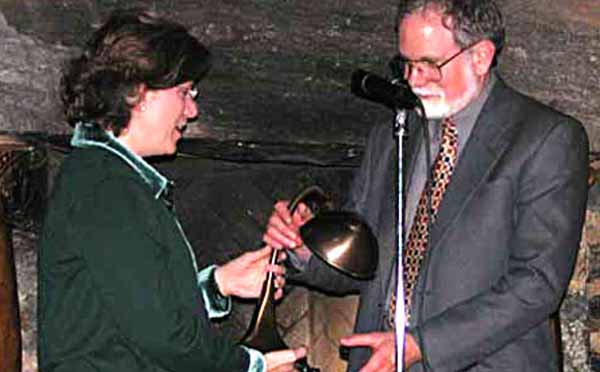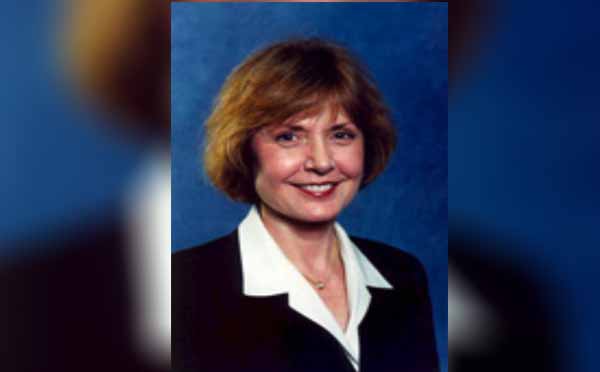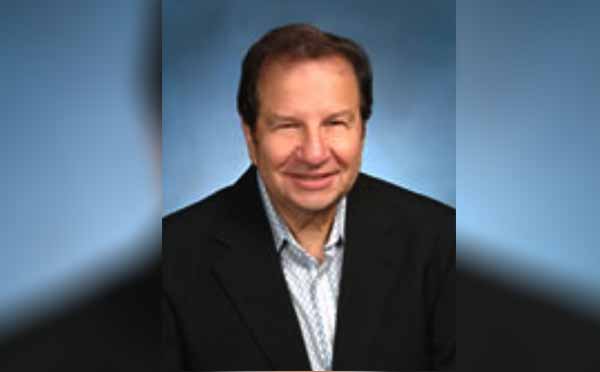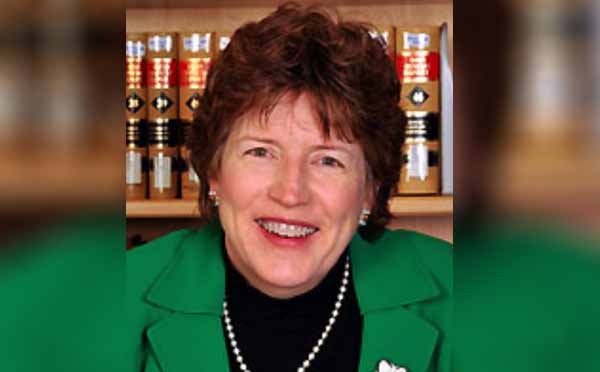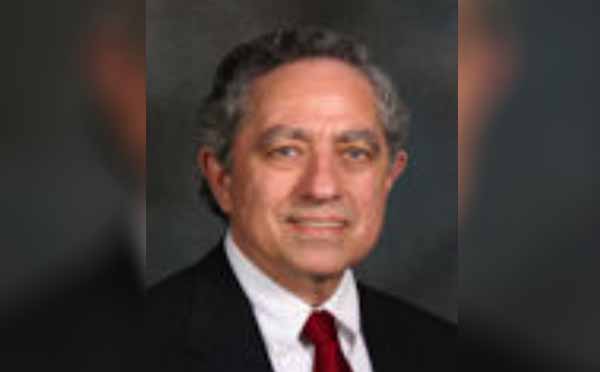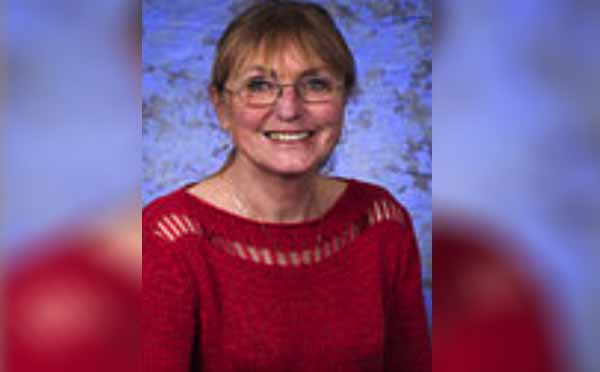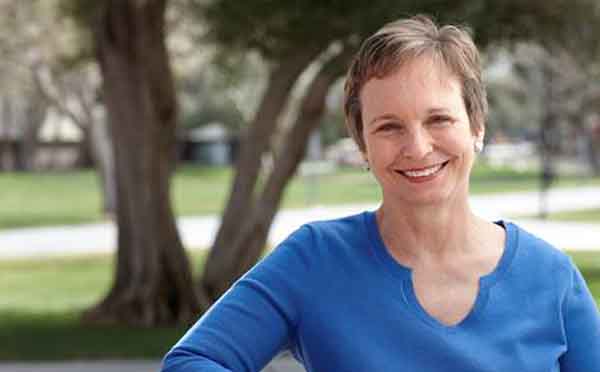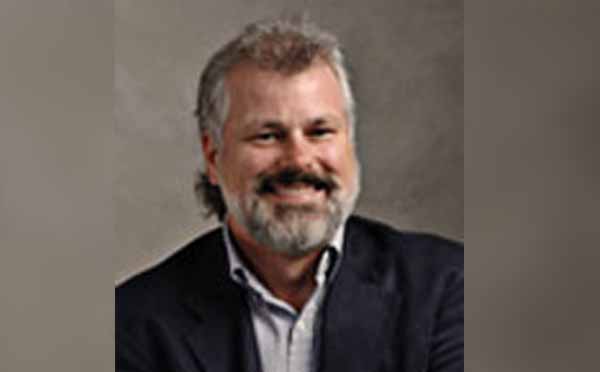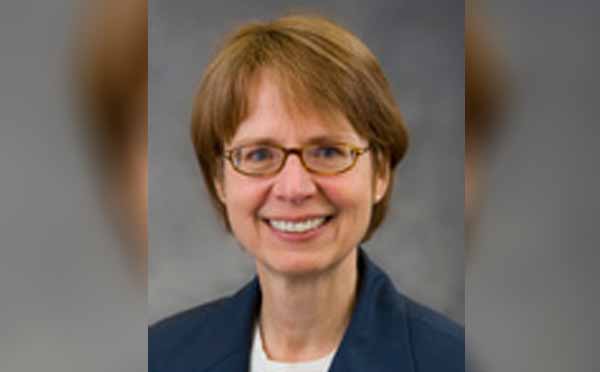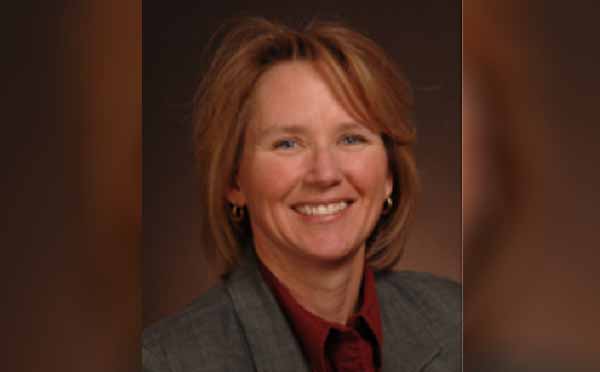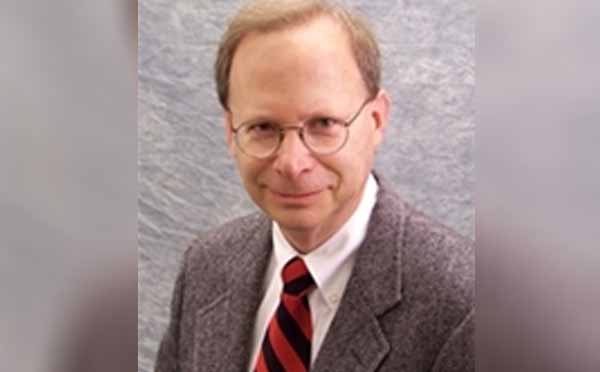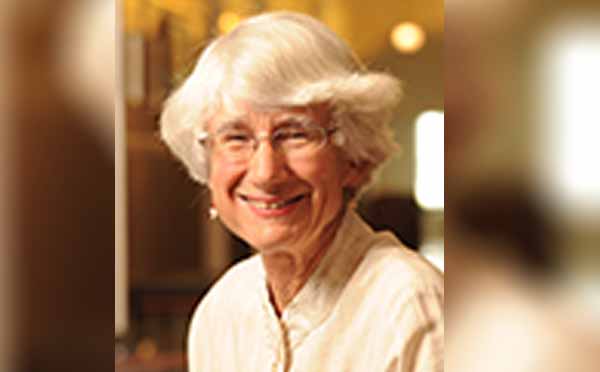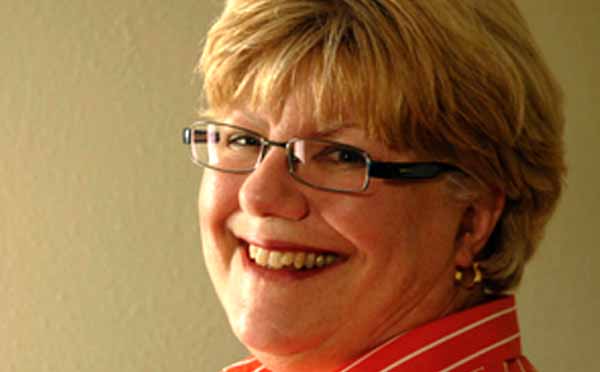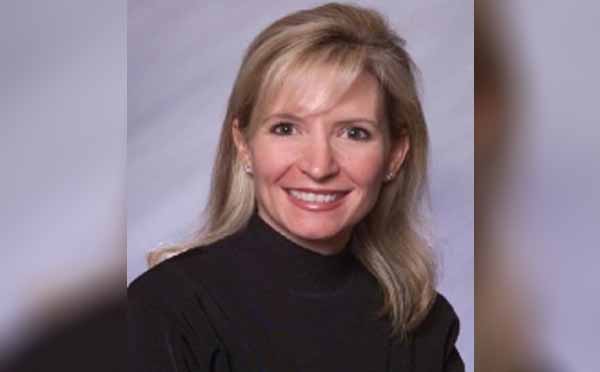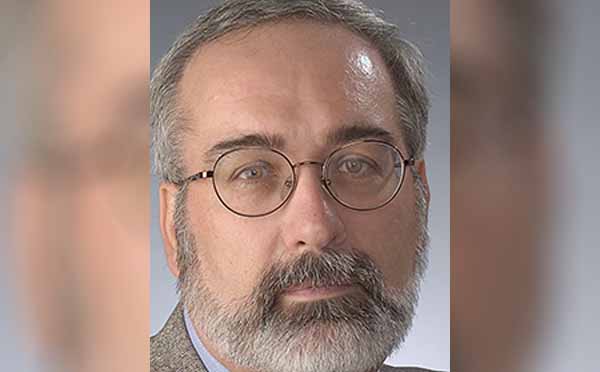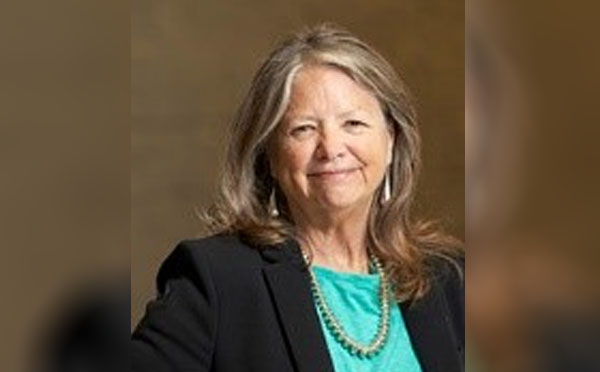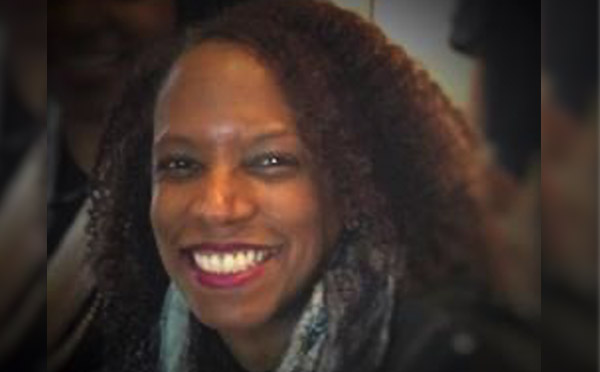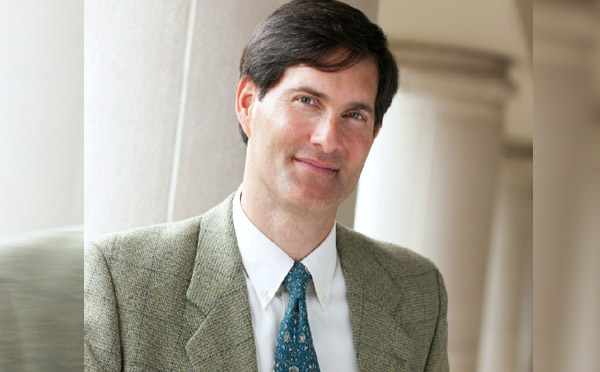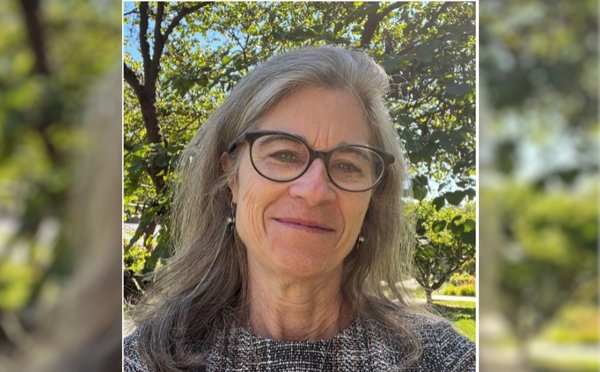The 2005 Thomas F. Blackwell Award for Outstanding Achievement in the field of Legal Writing was presented to Ralph L. Brill of Chicago-Kent College of Law. Ralph created Chicago-Kent's three year Legal Research and Writing Program, the first of its kind in the country. He served as Director of the program for 14 years, from 1978-1993.
Ralph's contributions to the field of Legal Writing and to legal education are numerous. Teaching since 1960, Ralph has spent his career advocating skills training in law schools. Prior to the creation of the Legal Writing Institute, Ralph was very active in the AALS Section on Legal Writing, Reasoning and Research, serving as section chair, and instrumental in organizing the Legal Writing workshops that preceded the creation of the LWI. He was also involved in the process of incorporating the Legal Writing Institute and served on the LWI Board from 1986-1990.
Ralph has also served on the Communication Skills Committee of the ABA Section on Legal Education. It was through the efforts of this committee that, in 1996, the ABA adopted standards related to Legal Writing requirements in the law school curriculum, and standards 405(c) and 405(d) related to job security. He is also the co-author of A Sourcebook on Legal Writing Programs, published by the American Bar Association, and has been active in the Association of Legal Writing Directors. In 1997, Ralph was given the American Association of Law Schools Legal Writing, Research, and Reasoning Section award for contributions to the profession of Legal Writing.
Despite no longer being Director of Legal Writing at Chicago-Kent, Ralph continues to work tirelessly to elevate the status of legal writing professionals and programs.
On Receiving the Thomas Blackwell Award Ralph Brill
First, I’d like to add my congratulations and thanks to Dean Wydick (winner of the Golden Pen Award). His law review article and books on Plain English were required reading for my students and helped tremendously in improving their writing. I also want to congratulate my dear friend Marilyn Walter, who, tomorrow will receive the AALS Section Award.
The Thomas Blackwell Award is very special to me. Tom was a wonderful colleague and friend of mine at Chicago-Kent before he accepted the position at Appalachian. I saw firsthand the intelligence, warmth, wit, innovativeness, and caring nature of the man as he interacted with his own students and faculty. These traits, among others, made him instantaneously one of the most respected and constructive stars in the Legal Writing field. His tragic death was a tremendous loss to society, American Legal Education and, of course, to his wife Lisa and family.
When I was told at the LWI meeting this summer that I was to receive the Blackwell Award, I was flabbergasted. As some of you may know, I had written the first draft of the criteria for bestowing the award. I knew many, like previous recipients Richard Neumann and Pam Lysaght, who easily qualified. I knew that I did not.
I haven’t taught Legal Writing in 14 years; I haven’t directed a Legal Writing program in 14 years; I haven’t been a speaker on an LWI, ALWD, AALS, or Scribes program in 10 years; while I was a co-author with Susan Brody, Chris Kunz, Richard Neumann, and Marilyn Walter on the ABA Sourcebook, I have never written a law review article or book on Legal Writing. Thankfully, so many of you have.
Now, don’t get me wrong. I am not turning down the award nor criticizing those who chose me. I recognize that over my 45 years of teaching I have made substantial contributions to the field, and members within it. My writings won’t be found on library shelves or in the Lexis or Westlaw databases. But through email discussions, correspondence with individual directors and teachers, supplementary teaching materials I have shared, I estimate I have “published” the equivalent of a multi-volume treatise.
As so many new people enter the profession with new ideas and vigor, I have tried to provide an historical perspective and political perspective … sometimes to ease frustrations by seeing how far we had to go to get where we are, and sometimes to prevent reinventing the wheel. I was an early advocate for the use of computers, and I have tried, and tried, and re-tried and continue to try to influence the rest of the legal education world to recognize what all excellent lawyers and judges already know – that what Legal Writing professionals and programs teach best is sound legal analysis, logical legal reasoning, competent and creative legal research, excellence in oral and written communication, and the ability, without mentoring, to educate oneself on new issues or subjects – the skills and abilities young lawyers most need coming out of law school.
I happily accept the Award for another reason. Legal Writing teachers and directors do not get much love for what they do. When I taught and directed Chicago-Kent’s program, first year students were required to research and write five major papers of increasing complexity, rewrite three of them, engage in at least one oral argument, and meet frequently with their Legal Writing teachers in review conferences. Students complained that there was too much work. Faculty complained that students were unprepared or skipping class when papers were due, and at Chicago-Kent, the complaints didn’t stop after the first year since I had instituted a five semester required curriculum.
Also, if you’ve ever taught a substantive course and graded essay answers, I’m sure you can relate to my curse. Once you’ve taught Legal Writing, you can’t just put a number or letter grade on an answer. I fill the students’ margins with questions, comments, corrections … it’s compulsive!
But love does come – just late.
I have file drawers with hundreds of letters from alums who thank me or the school for what they went through – attributing it to their success in practice. At annual AALS meetings, I see “graduates” of our Legal Writing teaching program as successful professors or even deans. I get to qvell over the successes – promotions, tenure, books published, etc…, of Legal Writing professionals I’ve counseled over the years. I get to see the progress – slow to be sure—in changing the ABA standards and program changes at so many schools. And finally, more as a surrogate for all of you and your hard work, I get this wonderful Award, from the groups of legal educators I most admire.
I sincerely, and humbly, thank all of you for this Award.

